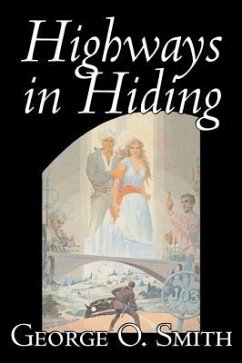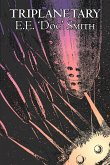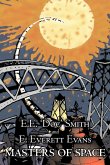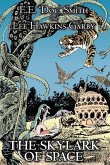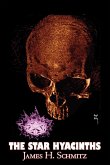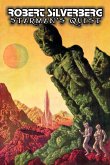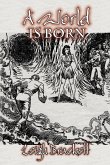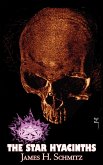It was infinitely worse when everyone in the world insisted it couldn't have happened the way he knew it had. In a world where ESP and telepathy were normal, it was difficult to keep secrets. But Steve's search for his missing sweetheart brought him to the threshold of one of the greatest secrets of all time. And it was obvious that somebody would stop at nothing to keep him from uncovering it. What were the oddly sinister symbols along otherwise ordinary roads? What was behind the spreading plague called Mekstrom's Disease? Why were there "blank" spots where telepathy didn't work? Who was the elusive enemy with powers even beyond those ESP had bestowed on mankind? And, most important of all . . . could Steve find that enemy before they made him vanish too? And then it came to him that what he really wanted was to possess a body of Mekstrom Flesh, to be a physical superman. . . .
Highways in Hiding concerns ESP and a disease that turns men into supermen. It contains multiple plotlines concerning the interactions of people that can sense things (espers) and people that can read thoughts (telepaths).
Highways in Hiding concerns ESP and a disease that turns men into supermen. It contains multiple plotlines concerning the interactions of people that can sense things (espers) and people that can read thoughts (telepaths).

